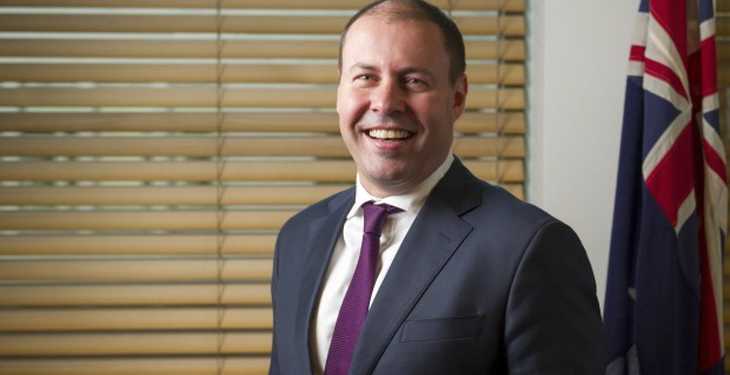Josh Frydenberg has been sworn in as minister for both the environment and energy. Is it a clash of objectives or a brilliant opportunity?
Malcolm Turnbull’s decision to merge the environment and energy portfolios could lead to a breakthrough in the Australia’s climate politics, or the new super-ministry and its new minister Josh Frydenberg could be set up for failure.
It depends entirely on whether the two sides of the portfolio – energy and the environment – are set in conflict or in harmony with each other, according to The Guardian.
The environment doesn’t negotiate. Global warming trends are dire and worse than predicted. Yet as the world rushes to ecological tipping points, we are also reaching technological tipping points. Innovation is creating new ways to produce, store, distribute, own and trade energy. That could see our electricity and transport systems rapidly decarbonised, cheaper than business as usual.
If Frydenberg does not move quickly to capitalise on this innovation, then he is caught between coal and a hard place. He either fails one half of his portfolio or fails the other half.
Andrew Bolt has praised Frydenberg’s past defence of fossil fuels and named him “Mr Coal”.
But unleashing the renewables revolution is the only way that the new minister can do something significant for the environment and at the same time, build Australia’s energy resources and energy security. This is an opportunity that Greg Hunt never had when he was environment minister.
And now Australia’s new environment and energy minister says coal will be a declining part of Australia’s energy mix because of inexorable market forces – but he insists the Coalition’s much criticised Direct Action policy is up to the mark, and will allow Australia to meet its international emissions reduction targets.
Asked whether transitioning successfully to a lower emissions future would inevitably mean less reliance on coal-generated power, Frydenberg said: “I accept that a transition is occurring away from coal and that is not a bad thing.”
“Coal-generated power is still a part of our energy mix, with today about 60%, but that has come down from 70% a decade ago,” he said. “It’s coming down, and the market is bringing on this change.”
“Eight out of 12 of Australia’s most emissions-intensive power stations have closed in the last five years. So it’s occurring.”
But while acknowledging that shift, Frydenberg moved to play down expectations that a scheduled review of the Direct Action policy in 2017 would yield any substantial overhaul.
He also ruled any changes to the existing renewable energy target, which is legislated out to 2020.
